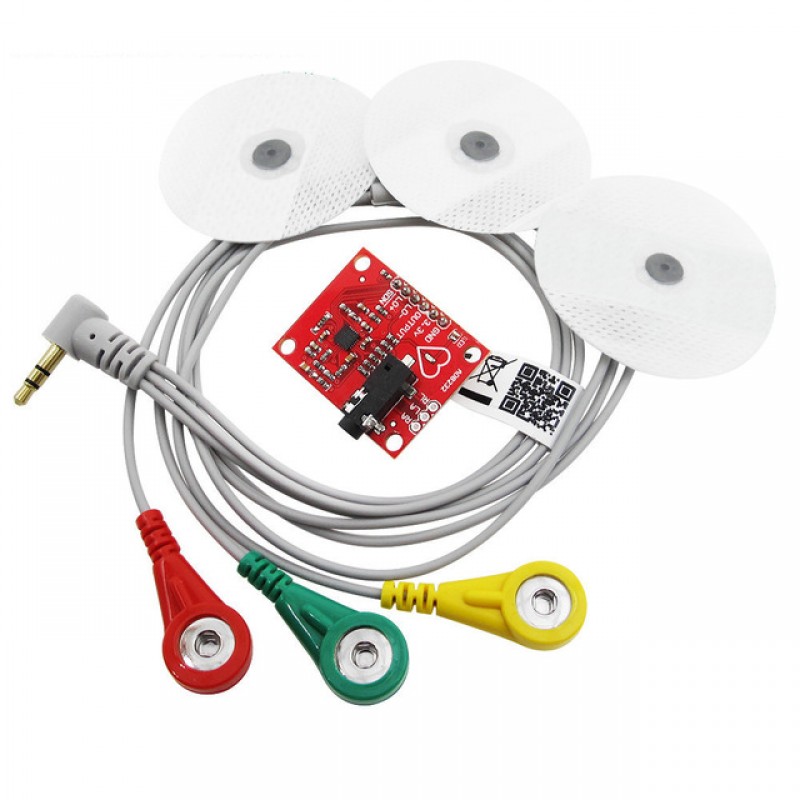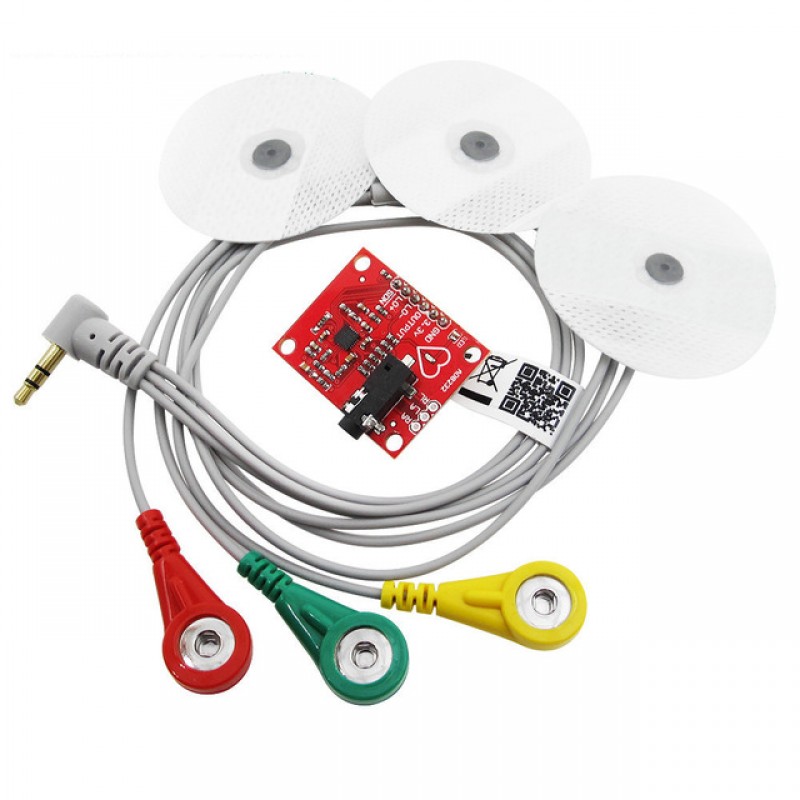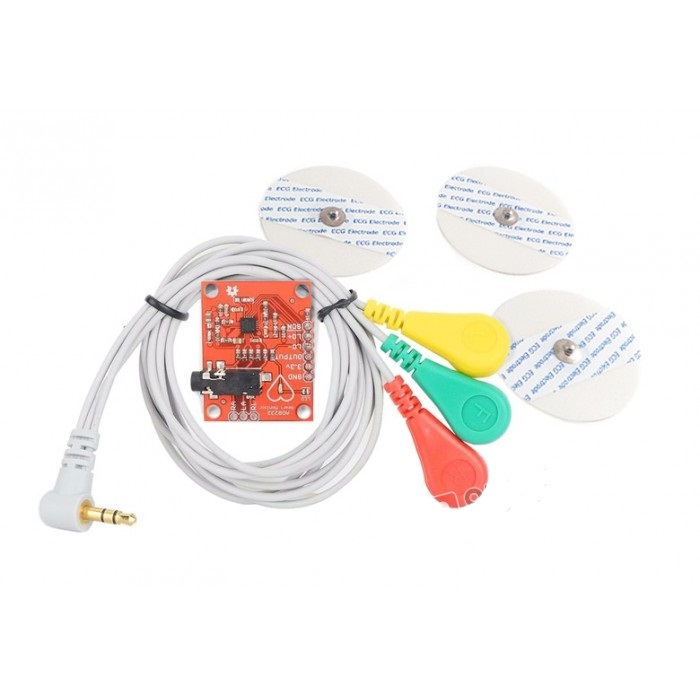
DSM Online Support
Support Master
Welcome to DSM Online
How can I help you today
How can we assist you? please let us know the support you need from DSM Online






Category: Sensors
SKU: 1987
Description
An ECG (Electrocardiogram) Sensor Module is a device used to measure the electrical activity of the heart. It typically consists of electrodes that are placed on the body and connected to a circuit that amplifies and processes the signals. The module then outputs data related to heart rate, pulse, and other cardiac parameters.
Key Features
Applications